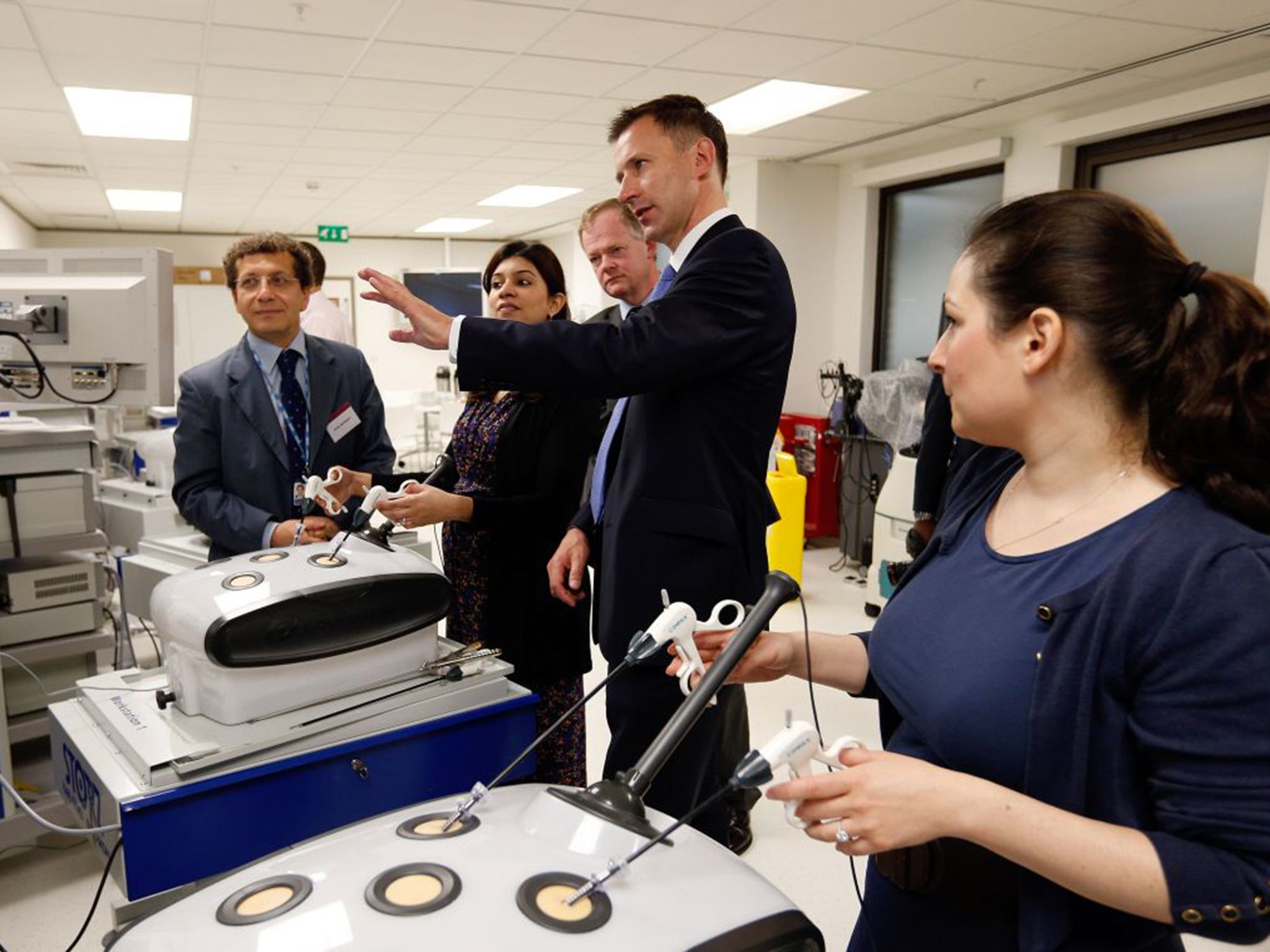Plan to put price tag on NHS medicines is a 'headline-grabbing gimmick', says journal
The Government wants all medicines costing more than £20 to carry a tag

Jeremy Hunt’s plan to include the price tag on medicines issued by the NHS is a “headline-grabbing gimmick” with no evidence to suggest it will reduce waste, a leading pharmaceuticals journal has said.
The Government wants all medicines costing more than £20 to carry a price tag alongside the words “funded by the UK taxpayer” to encourage people not to let their drugs expire, and to adhere to treatment regimes.
However, an editorial in the Drug and Therapeutics Bulletin, said that experts are “unaware” of any evidence to suggest the plan would work, and warns that it could lead to vulnerable and elderly patients viewing the cost of their medicine as a “burden on society”.
“Adherence can be a problem even for people who make a financial commitment by paying for their prescriptions,” the journal’s editors write. “We are concerned that labelling medicines with their cost may result in some unintended consequences and worry patients.”
There was also a risk patients could misinterpret the price tags and consider them an indicator of the medicine’s value, they said. There is no link between the price the NHS pays for a medicine and its clinical efficacy.
“A patient taking a number of drugs may gain a biased understanding of their treatment, with inexpensive drugs used for heart disease being considered less important than a high cost drug used to treat pain,” they write.
Drugs manufacturers could even struggle to include the price tags on small medicine packets without infringing space set aside for dosage instructions and warnings, which could lead to errors, they add.
Estimates suggest around £150m of medicine are avoidably wasted every year. A spokesperson for the Department of Health said: “We make no apology for taking action to reduce waste, improve patient care and remind people about the value of the NHS services they get. We will be doing research to understand the best way to present the information, so that people continue to take their medicines properly.”
Join our commenting forum
Join thought-provoking conversations, follow other Independent readers and see their replies
Comments
Bookmark popover
Removed from bookmarks